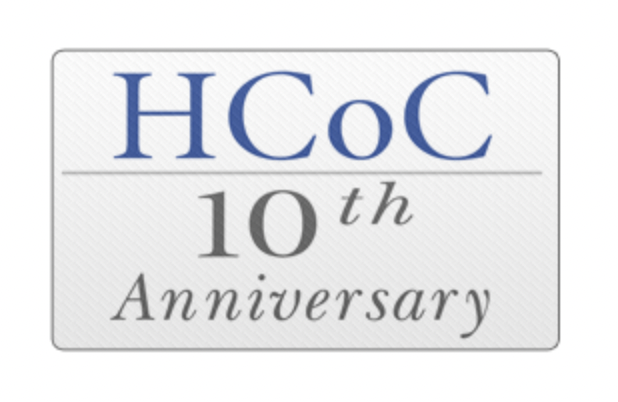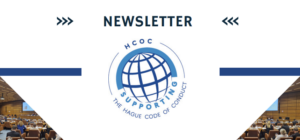10 years of the HCoC
15 January 2013
On 15 January 2013, the FRS organised an international seminar at the Diplomatic Academy in Vienna to mark the 10th anniversary of the Code. The meeting, which gathered 100 participants, raised HCoC’s international profile, highlighted the successes of the Code to date, and promoted debate on how the Code can tackle the challenges facing it in the future. Among the topics addressed were:
- The historical genesis of the Code and the motives behind its creation.
- The importance and role of HCoC and the Code’s successes.
- Future trends in ballistic-missile proliferation and space-launch technologies and the resulting challenges facing the Code.
- Proposals for enhancing HCoC

AGENDA
OPENING REMARKS
- H.E. Györgyi Martin ZANATHY, Head of Delegation of the European Union to the International Organisations in Vienna
- H.E. Cho HYUN, HCoC Chair, Ambassador of the Republic of Korea to the International Organisations in Vienna
- Camille GRAND, Director of FRS
DISCUSSIONS
CONCLUDING REMARKS
- Camille GRAND, Director of FRS
- H.E. Györgyi Martin ZANATHY, Head of Delegation of the European Union to the International Organisations in Vienna


